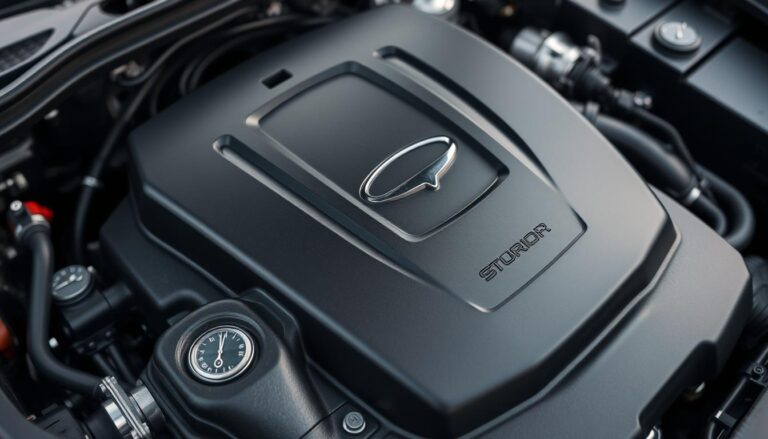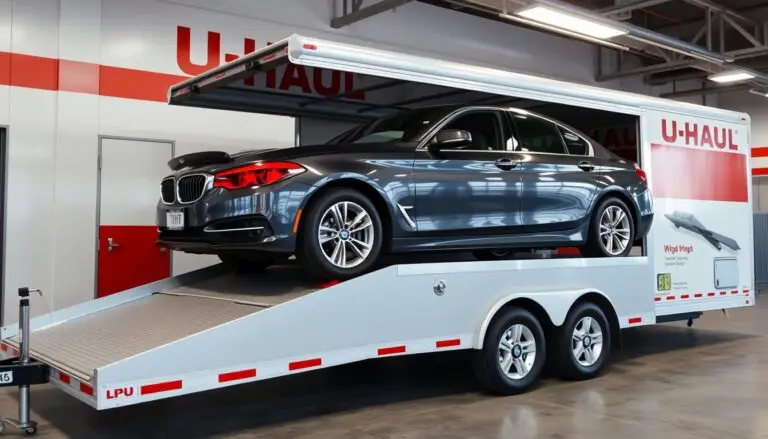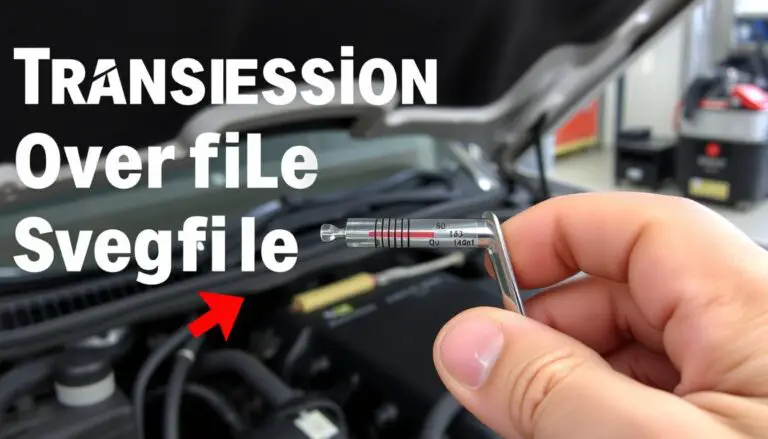A broken sunroof can be a significant issue, letting in rain and potentially causing interior damage. Addressing the problem promptly is crucial.
Finding a temporary fix can help mitigate further damage until a more permanent sunroof repair can be undertaken. This guide will walk you through the essential steps to temporarily address the issue.
Key Takeaways
- Understand the importance of promptly addressing sunroof damage.
- Learn the initial steps to take when dealing with a broken sunroof.
- Discover how to implement a temporary solution.
- Find out when to seek professional help for sunroof repair.
- Understand the benefits of a temporary fix.
Understanding Sunroof Damage Types
Understanding the different types of sunroof damage is crucial for determining the best course of action for repairs. Sunroofs can be damaged in various ways, and identifying the type of damage is the first step towards a temporary fix.
Common Causes of Sunroof Breakage
Sunroof breakage can occur due to several reasons, including accidents, extreme weather conditions, and wear and tear over time. For instance, hail storms can cause significant damage to sunroofs, while accidents can lead to shattered glass or damaged frames.
Assessing the Extent of Damage
Assessing the extent of sunroof damage is vital to decide on the appropriate repair method. Check if the damage is limited to the glass or if the frame is also affected. Minor cracks might be repairable with DIY methods, but extensive damage may require professional intervention.
Determining if a DIY Fix is Appropriate
Not all sunroof damages can be fixed with DIY methods. For minor issues like small leaks or slight jamming, a DIY fix might be sufficient. However, for more significant problems like a completely shattered glass or a damaged mechanism, it’s advisable to seek professional help.
Materials and Tools Needed for Temporary Repairs
To temporarily fix a sunroof, one must first assemble the appropriate tools and materials. This preparation is crucial for ensuring a successful emergency fix.
Essential Supplies for Emergency Fixes
Having the right supplies is vital for a temporary repair. Two critical categories of supplies are waterproof materials and adhesives and sealants.
Waterproof Materials
Waterproof materials are essential for preventing water damage. Examples include:
- Plastic sheets
- Rubber gaskets
- Waterproof tape
Adhesives and Sealants
Adhesives and sealants help in securing the temporary fix. Commonly used products include:
- Epoxy
- Silicone sealant
- Duct tape
Household Items That Can Work in a Pinch
In the absence of specialized tools, certain household items can be repurposed for a temporary sunroof repair. These include:
| Item | Use |
|---|---|
| Towels | Absorbing water |
| Cardboard | Covering gaps |
| Bungee cords | Securing covers |
Safety Equipment to Protect Yourself
Safety should not be compromised during a temporary repair. Essential safety equipment includes:
- Gloves
- Safety glasses
- A dust mask
How to Cover Broken Sunroof: Quick Temporary Fix Guide
When your sunroof breaks, it’s essential to act quickly to prevent further damage to your vehicle. A temporary fix can help you get by until you can get a professional repair.
Preparing Your Vehicle for Repair
Before applying any temporary fix, you need to prepare your vehicle. This involves cleaning the damaged area and removing any glass fragments safely.
Cleaning the Damaged Area
Start by cleaning the area around the broken sunroof. Use a soft brush or a cloth to remove any debris. This will help you assess the extent of the damage and ensure that your temporary fix adheres properly.
Removing Glass Fragments Safely
Removing glass fragments requires care. Wear protective gloves and use a vacuum cleaner to remove any small pieces of glass. For larger fragments, use a pair of pliers or a wrench to carefully extract them.

Method1: Plastic Sheet and Tape Solution
One of the simplest temporary fixes is using a plastic sheet and tape. This method is effective for covering the broken sunroof and preventing further damage.
Step-by-Step Application Process
To apply this fix, follow these steps:
- Cut a plastic sheet to size, ensuring it’s large enough to cover the broken area.
- Clean the area around the sunroof to ensure the tape adheres well.
- Apply tape around the edges of the plastic sheet, securing it firmly in place.
Securing for Different Weather Conditions
Depending on the weather, you may need to adjust your temporary fix. For example, in windy or rainy conditions, you may need to use additional tape or secure the plastic sheet with more robust means.
Method2: Using a Sunroof Repair Kit
A sunroof repair kit is another effective solution. These kits usually include a specialized adhesive and cover that can be applied to the damaged area.
To use a sunroof repair kit, follow the manufacturer’s instructions. Typically, this involves cleaning the area, applying the adhesive, and securing the cover.
Method3: Addressing Stuck or Jammed Mechanisms
If your sunroof is stuck or jammed, you may need to address the mechanism. This can involve lubricating the parts or using a tool to gently free the jammed section.
Fixing Minor Leaks and Water Damage
Minor leaks can be addressed by applying a sealant around the damaged area. For water damage, ensure that the area is thoroughly dried before applying any fix.
By following these temporary fix guides, you can protect your vehicle from further damage until you can get a professional repair.
Maintaining Your Temporary Fix and Preventing Further Damage
After temporarily fixing your sunroof, it’s crucial to maintain the repair to prevent further damage. Driving with a temporarily fixed sunroof requires some precautions to ensure your safety and the integrity of the repair.
Driving Considerations After Emergency Repair
When driving with a temporary sunroof fix, avoid high speeds and extreme weather conditions. Reduce your speed to minimize wind pressure on the repair. Be cautious when driving through car washes or encountering debris on the road.
Weather Precautions to Take
In adverse weather, take extra precautions. Avoid driving during heavy rain or snow if possible. If you must drive, check the repair frequently for signs of leakage or damage.
| Weather Condition | Precaution |
|---|---|
| Rain | Check for leaks |
| Snow | Avoid heavy snowfalls |
| High Winds | Reduce speed |
Regular Checks to Ensure Fix Remains Effective
Regularly inspect the temporary fix for any signs of damage or wear. Ensure that the repair remains secure and effective.
When to Seek Professional Repair Services
If you notice any signs of further damage or if the temporary fix is not holding, it’s time to seek professional repair services. Don’t wait until the damage becomes more extensive.

Effective Sunroof Repair: A Summary
Temporarily fixing a broken sunroof is a practical solution to get you back on the road quickly. By understanding the types of sunroof damage and assessing the extent of the issue, you can determine the best course of action for a temporary fix.
The methods outlined in this guide, including using a plastic sheet and tape or a sunroof repair kit, provide effective ways to address minor damage. Regular checks and driving considerations will help maintain the temporary fix and prevent further damage.
A successful sunroof repair conclusion relies on identifying the right temporary fix summary and implementing it correctly. By following these steps, you can ensure your vehicle’s sunroof is secure until a permanent repair can be made.
FAQ
What are the common causes of sunroof breakage?
Common causes of sunroof breakage include debris impact, extreme weather conditions, and mechanical failure due to wear and tear.
How do I assess the extent of sunroof damage?
To assess the extent of sunroof damage, inspect the sunroof for cracks, dents, or broken glass, and check if the mechanism is jammed or stuck.
Can I use a sunroof repair kit for my broken sunroof?
Yes, a sunroof repair kit can be used to temporarily fix a broken sunroof, but it’s essential to follow the manufacturer’s instructions and take necessary safety precautions.
How do I prevent water damage after a sunroof breakage?
To prevent water damage, cover the broken sunroof with a waterproof material, such as a plastic sheet, and secure it with tape or a sunroof repair kit.
When should I seek professional repair services for my broken sunroof?
You should seek professional repair services if the damage is extensive, you’re not comfortable with DIY repairs, or if you’ve noticed signs of further damage, such as leaks or electrical issues.
What safety equipment should I use when repairing a broken sunroof?
When repairing a broken sunroof, use safety equipment like gloves, safety glasses, and a dust mask to protect yourself from glass fragments and debris.
Can I drive my vehicle with a temporarily fixed sunroof?
Yes, but you should exercise caution when driving with a temporarily fixed sunroof, especially in extreme weather conditions, and plan to have it professionally repaired as soon as possible.
How often should I check my temporary sunroof fix?
Regularly check your temporary sunroof fix to ensure it remains effective, especially after driving in harsh weather conditions or noticing signs of further damage.


